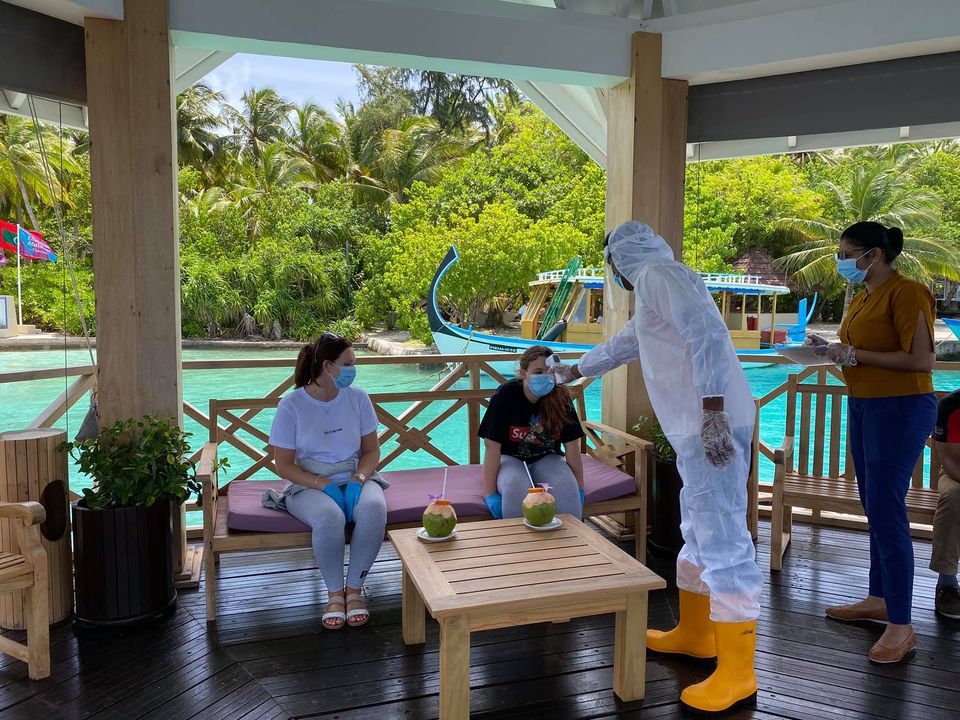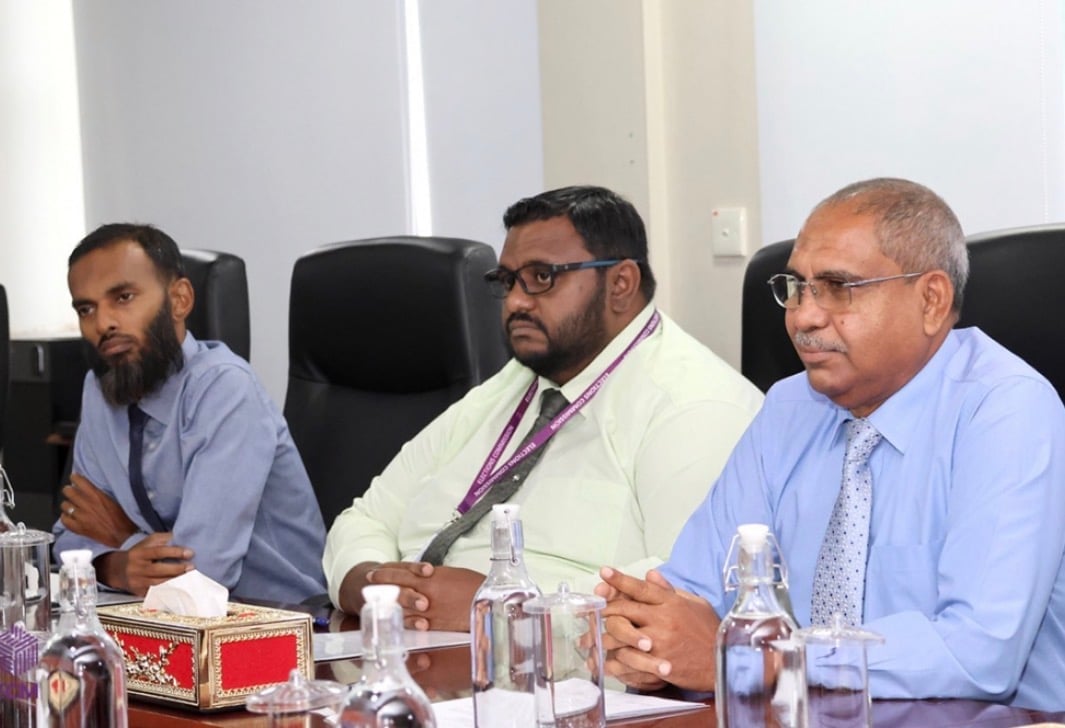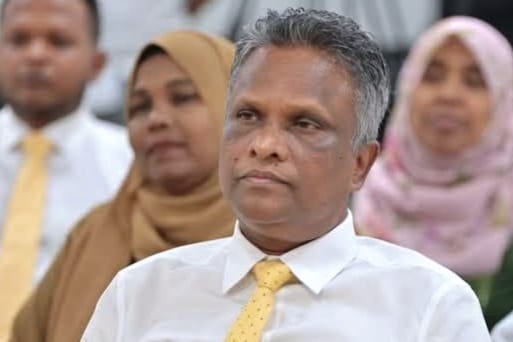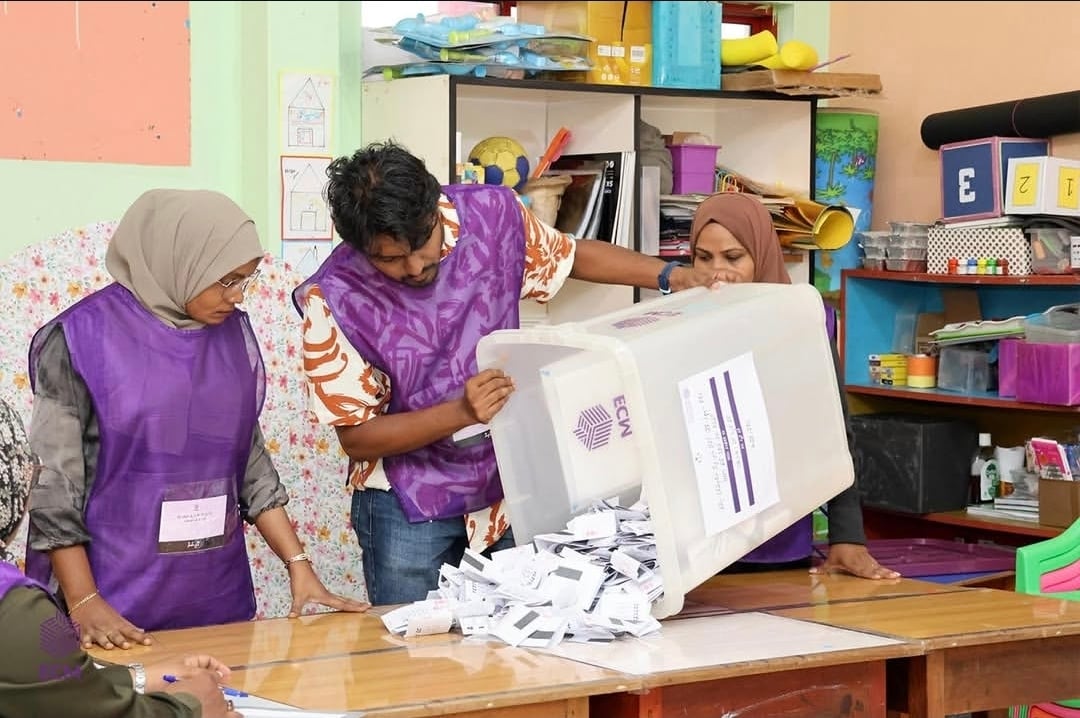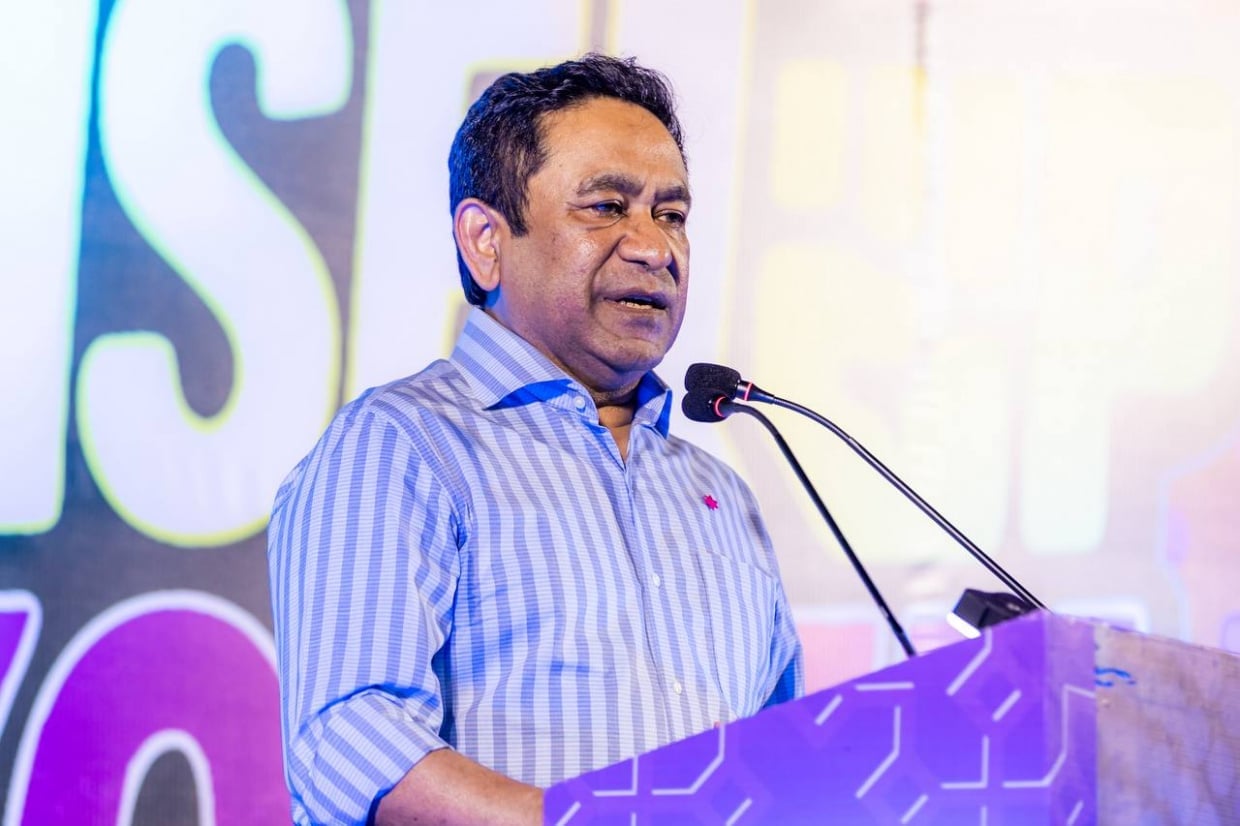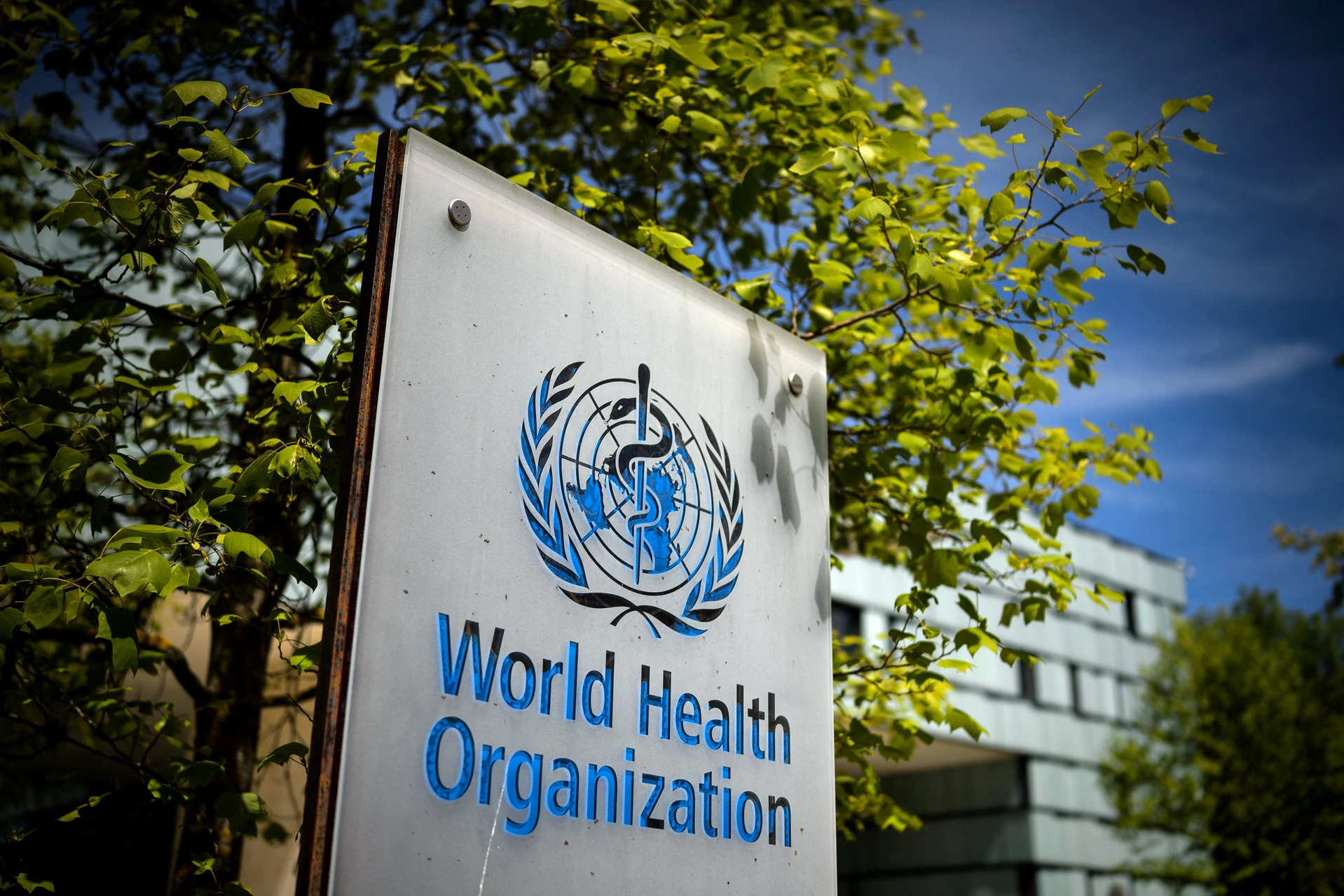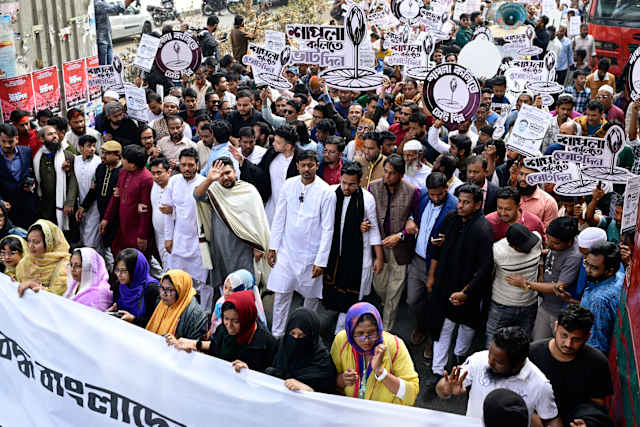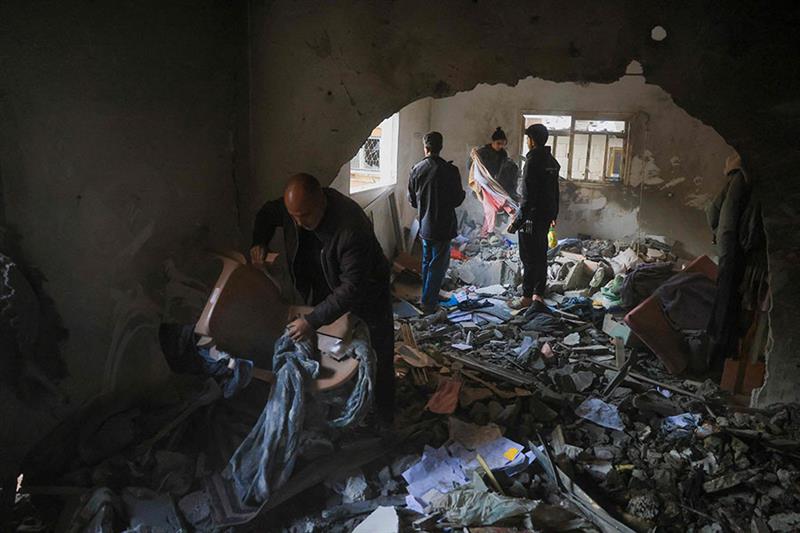The Tourism Ministry of the Maldives announced that the travellers arriving in the Maldives from September 10th, will be required to provide a negative coronavirus test result on arrival.
The Maldives reopened its borders on July 15 since then resorts and hotels on uninhabited islands as well as liveaboard vessels were allowed to host tourists. With the border reopening,a 30-day free on-arrival visa is issued to all tourists with a confirmed booking for a stay at any registered tourist facility in the country.
Tourism has been the main economic success of the Maldives. The $5 billion-dollar economy grew by 6.7 per cent in 2018 with tourism generating 60 per cent of foreign income. Since then the government had been confident about tourism prospects, targeting two million, high-spending holidaymakers this year after last year’s record 1.7 million. However, only 382,760 tourists visited the Maldives before the country closed its borders on March 27.
Along with reported cases of coronavirus, Maldives announced a state of public health emergency on March 12, the first such declaration under a recent public health protection law. The public health emergency declaration allowed the government to introduce a series of unprecedented restrictive and social distancing measures, including stay-at-home orders in capital Male and its suburbs, a ban on inter-island transport and public gatherings across the country, and a nationwide closing of government offices, schools, colleges and universities.
The restrictions are now being eased in phases, with the third phase measures now active.
The Maldives reopened its borders on July 15 since then resorts and hotels on uninhabited islands as well as liveaboard vessels were allowed to host tourists. With the border reopening,a 30-day free on-arrival visa is issued to all tourists with a confirmed booking for a stay at any registered tourist facility in the country.
Tourism has been the main economic success of the Maldives. The $5 billion-dollar economy grew by 6.7 per cent in 2018 with tourism generating 60 per cent of foreign income. Since then the government had been confident about tourism prospects, targeting two million, high-spending holidaymakers this year after last year’s record 1.7 million. However, only 382,760 tourists visited the Maldives before the country closed its borders on March 27.
Along with reported cases of coronavirus, Maldives announced a state of public health emergency on March 12, the first such declaration under a recent public health protection law. The public health emergency declaration allowed the government to introduce a series of unprecedented restrictive and social distancing measures, including stay-at-home orders in capital Male and its suburbs, a ban on inter-island transport and public gatherings across the country, and a nationwide closing of government offices, schools, colleges and universities.
The restrictions are now being eased in phases, with the third phase measures now active.



